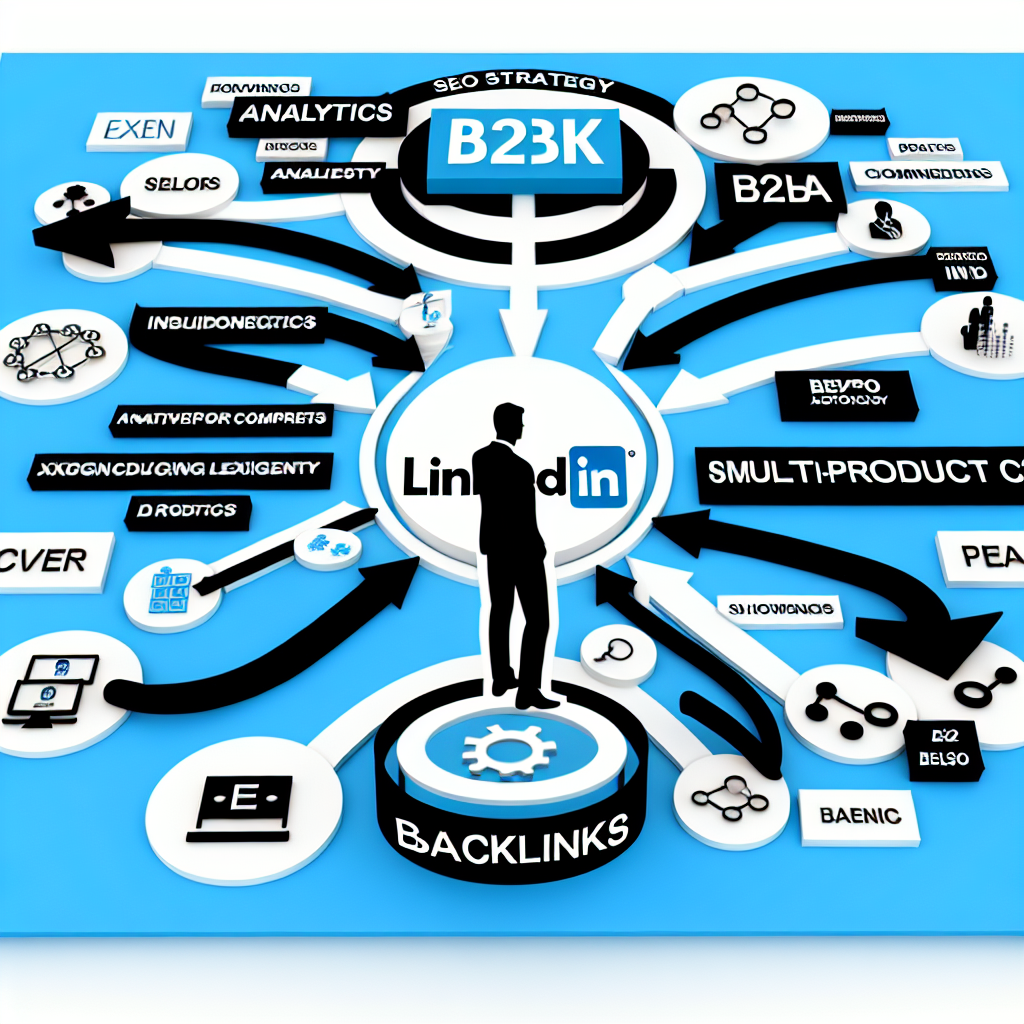How AI is Transforming SEO: Insights for C-Suite Marketing Leaders
Introduction:
The digital landscape is evolving at a breakneck pace, and at the center of this revolution sits Artificial Intelligence (AI). For C-suite marketing leaders and SEO professionals, AI is not just another tool in the arsenal—it’s reshaping the very strategies that once defined successful online visibility and brand growth. As search engines, especially Google, become increasingly sophisticated, the integration of machine learning algorithms into SEO practices is no longer optional; it’s imperative.
AI-driven SEO offers smarter and faster insights, enhanced keyword strategies, predictive analytics, automated content optimization, and dramatically improved user experience personalization. Today’s AI-powered platforms can analyze massive datasets, identify nuanced patterns, and forecast search trends—abilities far beyond human capabilities in both scale and precision. The result is a more dynamic, responsive, and data-centric approach to SEO that aligns perfectly with the demands of the modern consumer and the expectations of leadership teams for measurable results.
More significantly, AI is influencing how search engines rank content. Google’s BERT and MUM updates represent a seismic shift toward understanding user intent and context, rather than just keyword relevance. AI tools like ChatGPT, Jasper, and SurferSEO are empowering marketers to craft content that better resonates with audiences, drives engagement, and anticipates future needs.
As a C-suite executive or SEO strategist, harnessing the power of AI can lead to stronger ROI, better resource allocation, hyper-targeted customer acquisition, and a durable competitive advantage. But staying ahead requires not only adopting AI technologies but also understanding their broader implications on strategy, team workflow, and organizational goals. In this article, we explore the latest research and trends in AI-driven SEO and offer insights on how to effectively integrate these innovations into your overarching marketing vision.
Why AI Is a Game-Changer for SEO Strategy
Several professional studies and reports underscore the profound impact AI is having on SEO strategies today. According to a 2023 study by McKinsey & Company, AI technologies are valued at up to $2.6 trillion in potential marketing and sales gains annually, with SEO being a significant beneficiary through smarter automation and performance optimization.
Another critical finding comes from a BrightEdge study, revealing that over 60% of digital marketers cite AI-powered SEO tools as their top-performing asset in organic search strategy. BrightEdge’s analysis showed that AI’s ability to predict search intent and personalize content suggestions not only improves rankings but also enhances user engagement and conversion rates.
Google’s MUM and the Future of Search Intent Understanding
Moreover, Google’s AI innovation, MUM (Multitask Unified Model), has been a game-changer. It can understand 75 languages and perform complex tasks across various media formats simultaneously (Google MUM Announcement). This capability radically changes content strategy, pushing marketers to create more comprehensive and semantically rich experiences that satisfy the multifaceted needs of users.
Proven Results: Organizations Drive Faster Growth with AI
A 2022 study published in the Journal of Digital & Social Media Marketing identified that companies implementing AI-driven SEO strategies experienced a 23% faster growth in organic traffic compared to those using traditional methods. The study emphasized that AI enhances keyword research with user intent-focused models, and content created this way maintains relevance even during algorithm changes.
Predictive Analytics: The Competitive Edge for High-Performers
Notably, Salesforce’s “State of Marketing” report from 2023 found that 68% of high-performing marketing teams are actively using AI for predictive analysis and strategic content deployment. These AI applications refine SEO practices, ensuring not only better search rankings but a more agile response to market shifts.
Beyond Text: NLP and Computer Vision Are Redefining SEO
Additionally, the use of Natural Language Processing (NLP) and computer vision in SEO is expanding. NLP models like OpenAI’s GPT series analyze and generate human-like language, helping brands produce SEO-optimized content that doesn’t sound robotic but maintains editorial quality standards. Meanwhile, computer vision is enabling smarter image and video SEO, ensuring media assets are properly categorized and found through search.
For C-suite leaders and SEO strategists, these findings clearly indicate that AI is no longer a supplementary tactic in SEO—it’s central to future-proofing digital presence and performance.
Conclusion: Embrace the Future of AI-Driven SEO
AI is no longer the future of SEO; it is the present. For C-suite marketing leaders and SEO professionals, embracing AI’s transformative potential can unlock exponential growth and maintain competitive advantage in a rapidly shifting digital economy. By integrating AI-driven insights, predictive analytics, and machine learning content optimization into core strategy, organizations position themselves not just to survive, but to lead in the modern marketplace.
References
- McKinsey Report: The Value of AI in SEO and Marketing
- BrightEdge Report: Future SEO with AI
- Google MUM Announcement
- Journal of Digital & Social Media Marketing Study
- Salesforce State of Marketing Report 2023
Concise Summary:
Artificial Intelligence (AI) is transforming the field of Search Engine Optimization (SEO), providing C-suite marketing leaders and SEO professionals with smarter insights, enhanced keyword strategies, predictive analytics, and automated content optimization. The integration of AI-driven technologies is essential for future-proofing digital presence and maintaining a competitive advantage in the rapidly evolving digital landscape.

Dominic E. is a passionate filmmaker navigating the exciting intersection of art and science. By day, he delves into the complexities of the human body as a full-time medical writer, meticulously translating intricate medical concepts into accessible and engaging narratives. By night, he explores the boundless realm of cinematic storytelling, crafting narratives that evoke emotion and challenge perspectives.
Film Student and Full-time Medical Writer for ContentVendor.com
